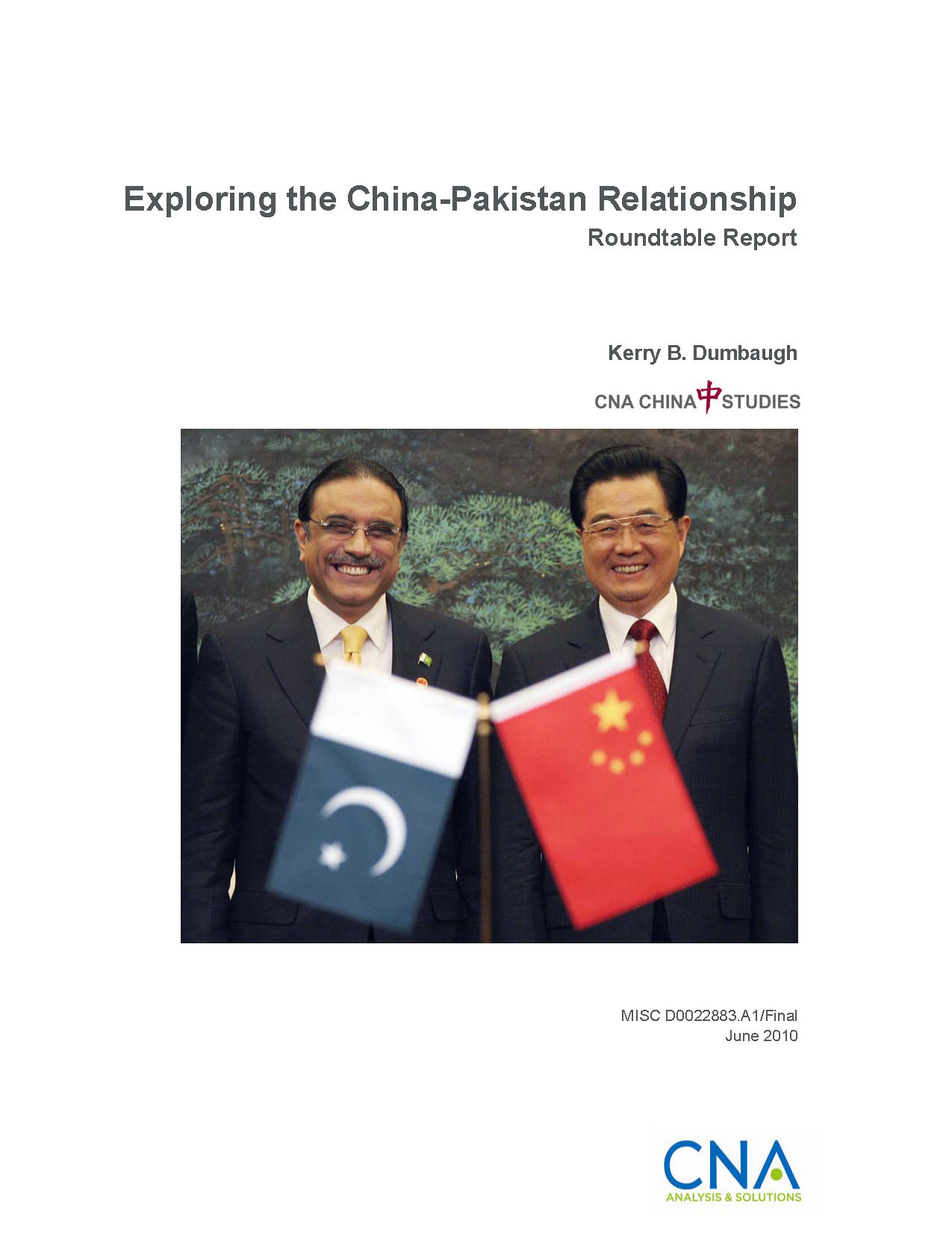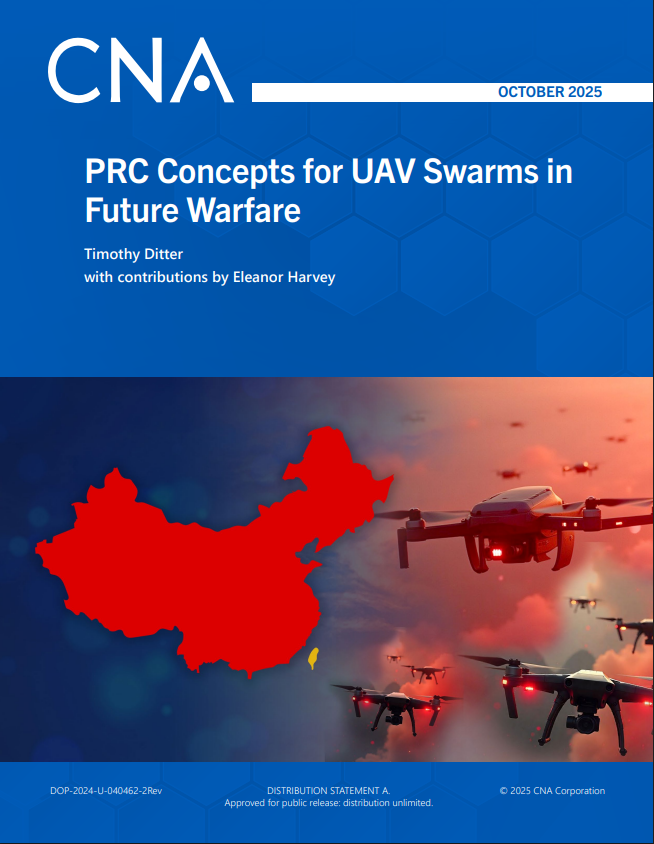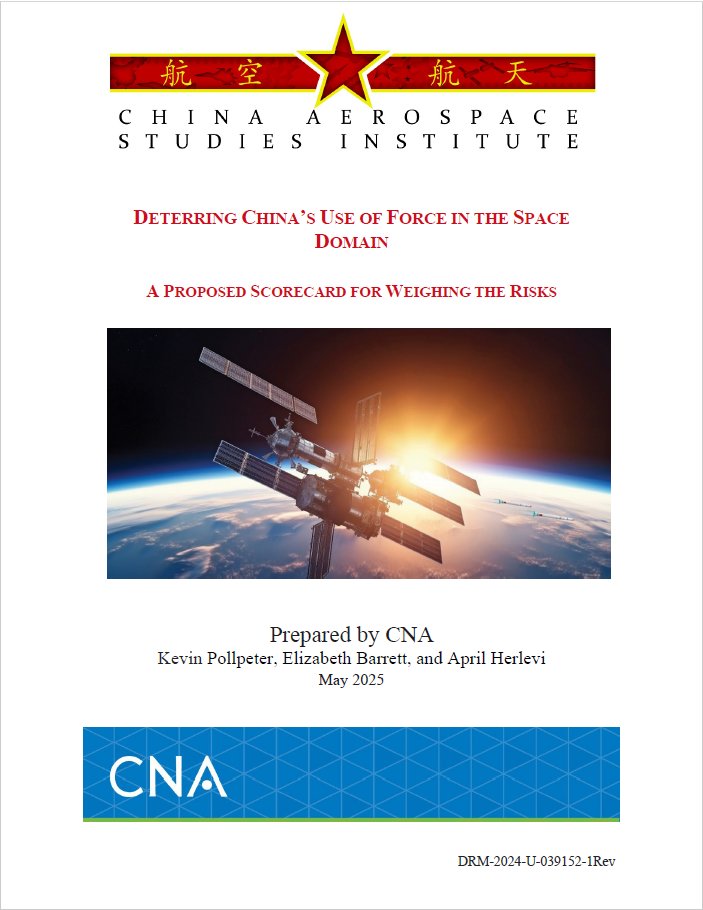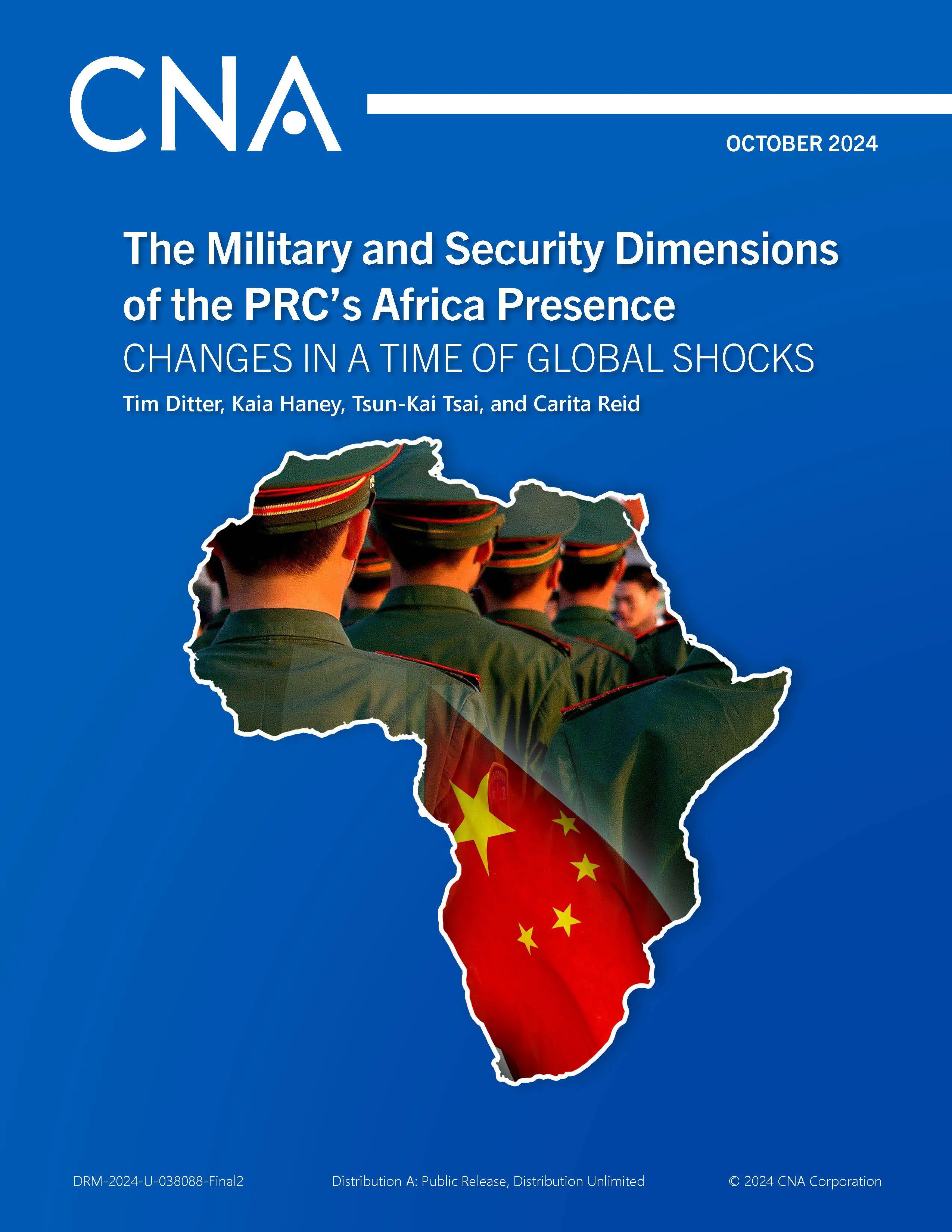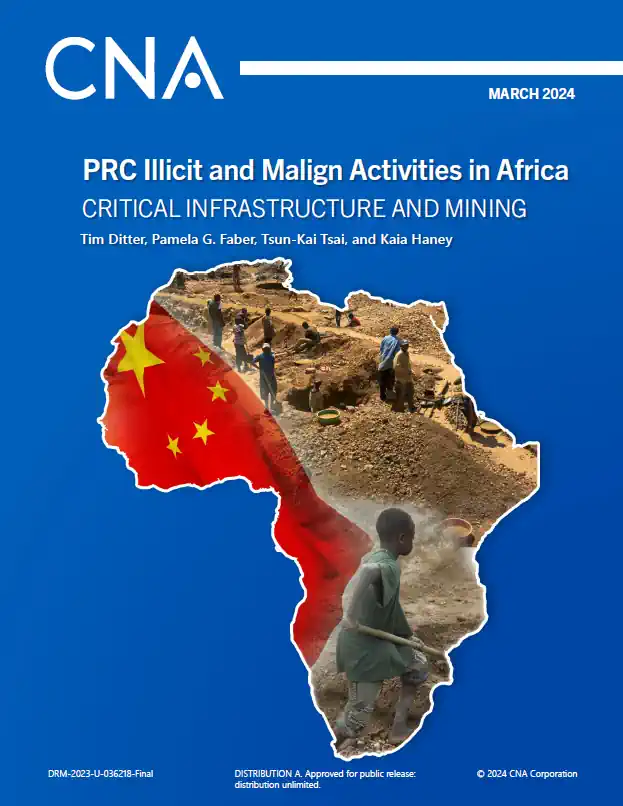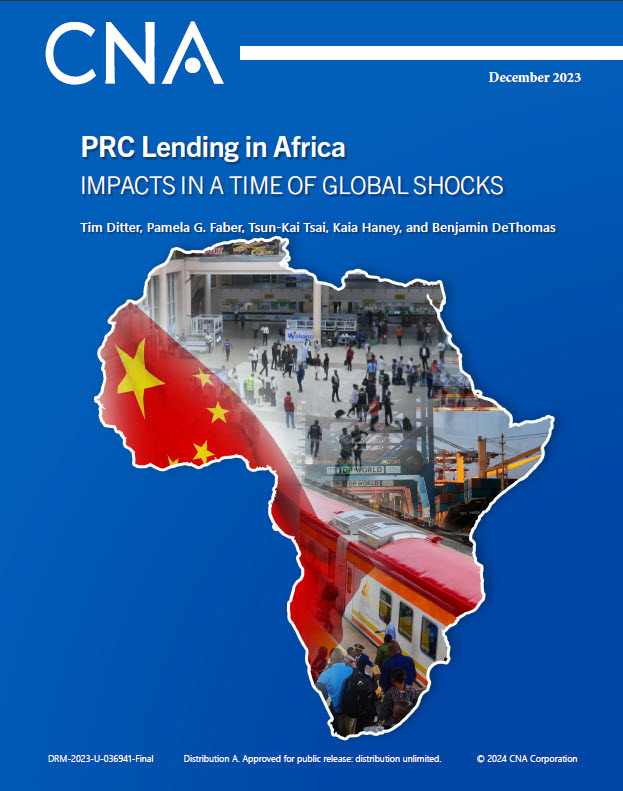On March 31, 2010, CNA China Studies hosted a half-day roundtable to discuss China’s relations with and activities in Pakistan. The following report summarizes key themes heard at this event.
Key Themes
The China-Pakistan relationship is underpinned by traditional geo-political interests. These include concerns about India, about terrorism and religious extremism, and about domestic and regional stability.
China and Pakistan have similar geographical and historical concerns with respect to India that make the two natural partners. These include territorial disputes in their shared borders with India; a history of hostility and confrontation with India; and a mutual interest in maneuvering to balance or contain India’s power and influence in the region.
China’s growing economic equities with India may be affecting its relationship with Pakistan in subtle ways. For example, when at least one Pakistani was shown to be involved in violent, coordinated terrorist attacks in Mumbai, India, in 2008, Beijing appeared to pull its punches and adopt a more nuanced diplomatic approach. In the past, Beijing could be expected to have come to Pakistan’s defense diplomatically.
Terrorism, another shared concern, is also a potential wedge in China-Pakistan relations. China’s primary counter-terror interests are focused on combating extremism and separatism in Xinjiang and preventing extremist groups in Pakistan and other bordering countries from aggravating its Xinjiang problems. Pakistan’s counter-terror concerns are broader. They involve national ethnic divisions, resentment over perceived economic inequities, tribal conflicts, and multiple armed separatist movements that challenge the government.
Pakistan’s efforts to help further China’s interests can complicate its ability to meet its own interests. The Pakistan government faces pressure from China to crack down on extremist groups that challenge Beijing’s interests. Such crackdowns and intelligence-sharing efforts can bring countervailing pressure on Islamabad from indigenous Pakistani groups.
China-Pakistan economic relations are weak but growing. PRC investments in Pakistan are driven primarily by China’s demand for energy and natural resources and Pakistan’s need for infrastructure to accommodate the development of both.
Chinese economic activity in Pakistan includes road, sea, and rail transportation improvements, nuclear and hydropower projects, and mining.
China’s economic relations with Pakistan offer immediate benefit to Pakistan and longer-term benefit to China. China’s investments in the Gwadar deep sea port, the Karakoram Highway, and planned rail lines have the potential to open up China’s West to further development by providing landlocked western China with its only ocean access.
As China’s energy and natural resource investments in Pakistan have grown, they have made Beijing more vulnerable to extremist threats in Pakistan. The Gwadar port and Karakoram Highway have been targeted by extremists, as have Chinese citizens living and working in Pakistan.
China-Pakistan relations have a strong military component, which some participants alleged makes the PLA a key player in China’s decisions involving Pakistan. Bilateral military cooperation ranges from naval cooperation, to past nuclear assistance, to arms sales, to combined military and anti-terror exercises. Roundtable participants held that PRC leaders much prefer the military-led governments of Pakistan’s past and appear less confident about the capabilities and effectiveness of the current, democratically elected civilian government in Pakistan.
The United States and China share important existential concerns in Pakistan. Both view stability in Pakistan as an important policy goal, and both see their interests better served by secular government rule in Pakistan rather than by the ascension of a hard-line or fundamentalist regime.
Close U.S.-China coordination on many issues involving Pakistan was assessed as likely to remain difficult given Beijing’s predilection for bilateral action. Moreover, while the United States and China at this juncture share common interests in Pakistan on an existential level, Washington and Beijing have neither the same threat assessment nor the same hierarchy of priorities that could facilitate robust coordinated action.
Even without close U.S.-China cooperation, participants felt there are good possibilities for complementary U.S. action, aid, and investment in Pakistan. It was suggested that the United States could capitalize on China’s aid and infrastructure investments in Pakistan by making complementary investments that would serve U.S. interests in Pakistan.
More complete understanding of China-Pakistan relations requires further and broader study of other regional players. The relationship cannot be clearly understood without accounting for the roles and actions of India, the United States, Afghanistan, and Central Asian countries.
Download reportUnlimited distribution.
Details
- Pages: 32
- Document Number: MISC D0022883.A1/Final
- Publication Date: 6/2/2010
